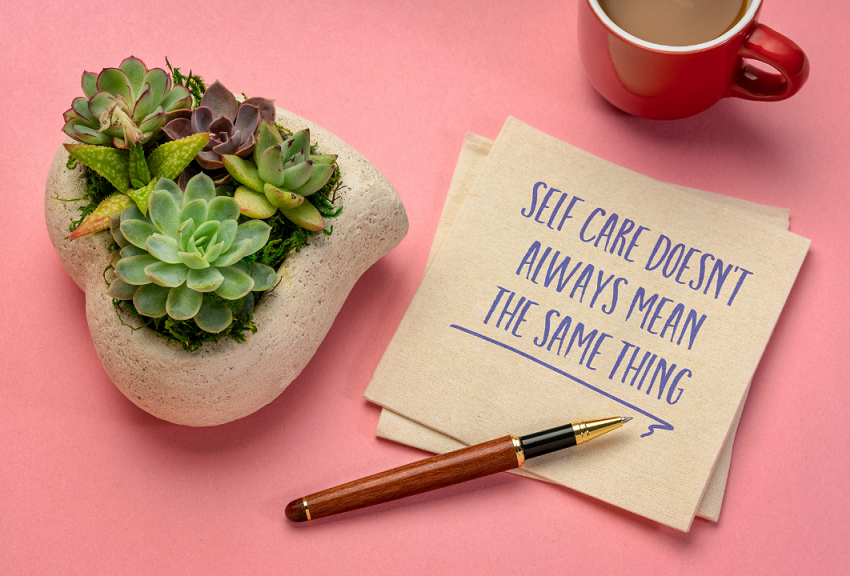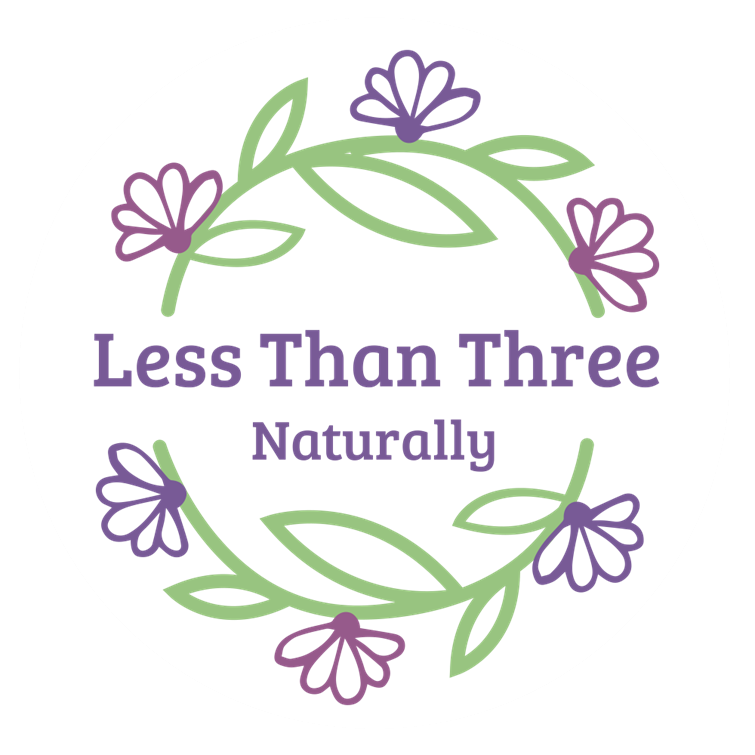
Self-care is not the same as self-indulgence or being selfish. Self-care means taking care of yourself so that you can be healthy, you can be well, you can do your job, you can help and care for others, and you can do all the things you need to and want to accomplish in a day.
It’s a lot like putting on your oxygen mask before you help others with theirs.
Read the full article here: https://www.everydayhealth.com/self-care
If you think you’ve been hearing more about self-care, you’re right. According to Google Trends, the number of searches for “self-care” has more than doubled since 2015. Paula Gill Lopez, PhD, an associate professor and chair of the department of psychological and educational consultation at Fairfield University says the need for self-care is obvious. “We have an epidemic of anxiety and depression,” she says. “Everybody feels it.”
Self-care is part of the answer to how we can all better cope with daily stressors, explains Kelsey Patel, a Los Angeles–based wellness expert and author, It’s work stress. It’s the stress of trying to keep up with the pace of daily life, which technology has hastened more than ever (just think how many emails come flooding into your inbox each day). “People are feeling lonelier and less able to unwind and slow down, which makes them feel more anxious and overwhelmed by even the simplest tasks,”
Self-care is taking steps to tend to your physical and emotional health needs to the best of your ability.
The World Health Organization defines self-care as: “the ability of individuals, families, and communities to promote and maintain health, prevent disease and to cope with illness and disability with or without the support of a healthcare provider.”
According to this definition, self-care includes everything related to staying physically healthy — including hygiene, nutrition, and seeking medical care when needed. It’s all the steps an individual can take to manage stressors in their life and take care of their own health and well-being.
As self-care has become more mainstream, the definitions have started to become more applicable to the general public and tend to focus on tuning in to one’s needs and meeting those needs. “Self-care is anything that you do for yourself that feels nourishing,” says Marni Amsellem, PhD, a licensed psychologist based in Trumbull, Connecticut.
“That can be something that’s relaxing or calming, or it can be something that is intellectual or spiritual or physical or practical or something you need to get done,” she says.
Self-care requires checking in with yourself and asking yourself how you’re doing and what your body’s asking for. Some people use it to deal with difficult news stories, others just to maintain their happiness day to day. Self-care does not mean the same thing for everyone. Different people will adopt different self-care practices, and even your own definition might change over time. “What is self-care for one person will likely differ from someone else, and what’s self-care for you one day might not feel like self-care another day,” Dr. Amsellem says.
Engaging in self-care regularly could help you put your best foot forward. “When we are regularly taking care of ourselves, we are better able to react to the things that go on in our lives,” Amsellem says. “It’s something we do to maintain positive well-being.”
“When self-care is regularly practiced, the benefits are broad and have even been linked to positive health outcomes such as reduced stress, improved immune system, increased productivity, and higher self-esteem,” says Brighid Courtney, of Boston, a client leader at the we
Types of Self-Care
Emotional self-care, such as self-talk, weekly bubble baths, saying “no” to things that cause unnecessary stress, giving yourself permission to take a pause, or setting up a weekly coffee date with a friend.
Physical self-care, such as prioritizing sleep, adopting an exercise routine you can stick with, choosing healthy and nourishing foods over highly processed ones.
Spiritual self-care, such as attending a religious service, spending time in nature, meditating, incorporating regular acts of kindness into your day, or keeping a gratitude journal.
Additionally, Gill Lopez puts self-care into two further categories: temporary and enduring.
An example of temporary self-care is going to dinner with a friend. You’ll benefit from the social connection, but it won’t last for very long after you part ways.
Enduring self-care, on the other hand, has more permanent effects. Gill Lopez says an example of this is practicing mindfulness regularly, because it leads to brain changes, she says. According to one study published in Psychiatry Research, eight weeks of mindfulness training led to changes in gray matter concentrations in the brain areas involved with learning and memory processes, emotion regulation, self-referential processing, and perspective taking. “You reap the benefits of mindfulness whether you’re [actively] doing it or not,” Gill Lopez says.
What Counts as Self-Care and What Doesn’t
There’s no way to say exactly what counts as self-care, because everyone’s definition is their own and unique.
The underlying rule is that it’s something that brings you more sustained joy in the long run, Courtney says. And though there are plenty of examples of self-care that seem to tread a fine line between a health-enhancing behavior and self-indulgence, self-care doesn’t have to be about padding your calendar with luxurious experiences or activities that cost money (though it certainly can).
Consider a manicure or a massage or any other pampering activity. It might seem indulgent, but if the activity helps you de-stress and carve out time for yourself, it counts as self-care, Amsellem says. If weekly manicures or monthly spa days are beyond your means, there are plenty of other self-care practices you can adopt.
“Self-care does not have to cost anything — it’s just doing things you enjoy. And a lot of the things we enjoy or feel fulfilled from cost nothing,” Amsellem says. “Stepping outside and taking a deep breath, for example, might be the greatest act of self-care.”
Even if you can’t spend lots of time and money, Gill Lopez says you can still practice self-care several times a week by turning things you do every day into self-care practices.
Maybe you try being more mindful of your thoughts on your commute, or maybe you find ways to make daily tasks, like showering, more enjoyable. Pick a soap with a scent that you love and focus on the physical sensations of the shower. Gill Lopez says: What does your shower smell like? What does it sound like? How does the warm water feel on your skin? “For about 10 minutes in the shower, which I have to do anyway, instead of letting my monkey brain run wild, I’m right there,” she says.
Daily chores like making your bed in the morning are also examples of self-care — or can be. “This is where that individuality comes into play, because for some people there is no way making a bed feels like self-care — it may just feel like a chore,” Amsellem says. But if it helps you claim your day and gives you a sense of accomplishment early on, you’ll have that with you even if the rest of the day gets derailed, Amsellem says.
The simple act of making your bed in the morning likely isn’t sufficient to account for all your self-care, she says. You may need to routinely devote time and energy to other self-care practices, she adds. “But if there are some days when you feel out of control, on those days, starting the day off doing what you wanted to do for yourself might be one of the biggest forms of self-care you engage in that day.”
And sometimes when all of our other self-care plans get thrown out of whack (you worked through your yoga class, your friend canceled your coffee date — we’ve all been there), it’s those small practices of self-care that provide just enough calm to help us get through the day and wake up in a better mood tomorrow.
So what are you going to do to add to your self care today?
References:
EverydayHealth.com. 2022. What Is Self-Care and Why Is It Critical for Your Health? | Everyday Health. [ONLINE] Available at: https://www.everydayhealth.com/self-care/. [Accessed 04 August 2022].
